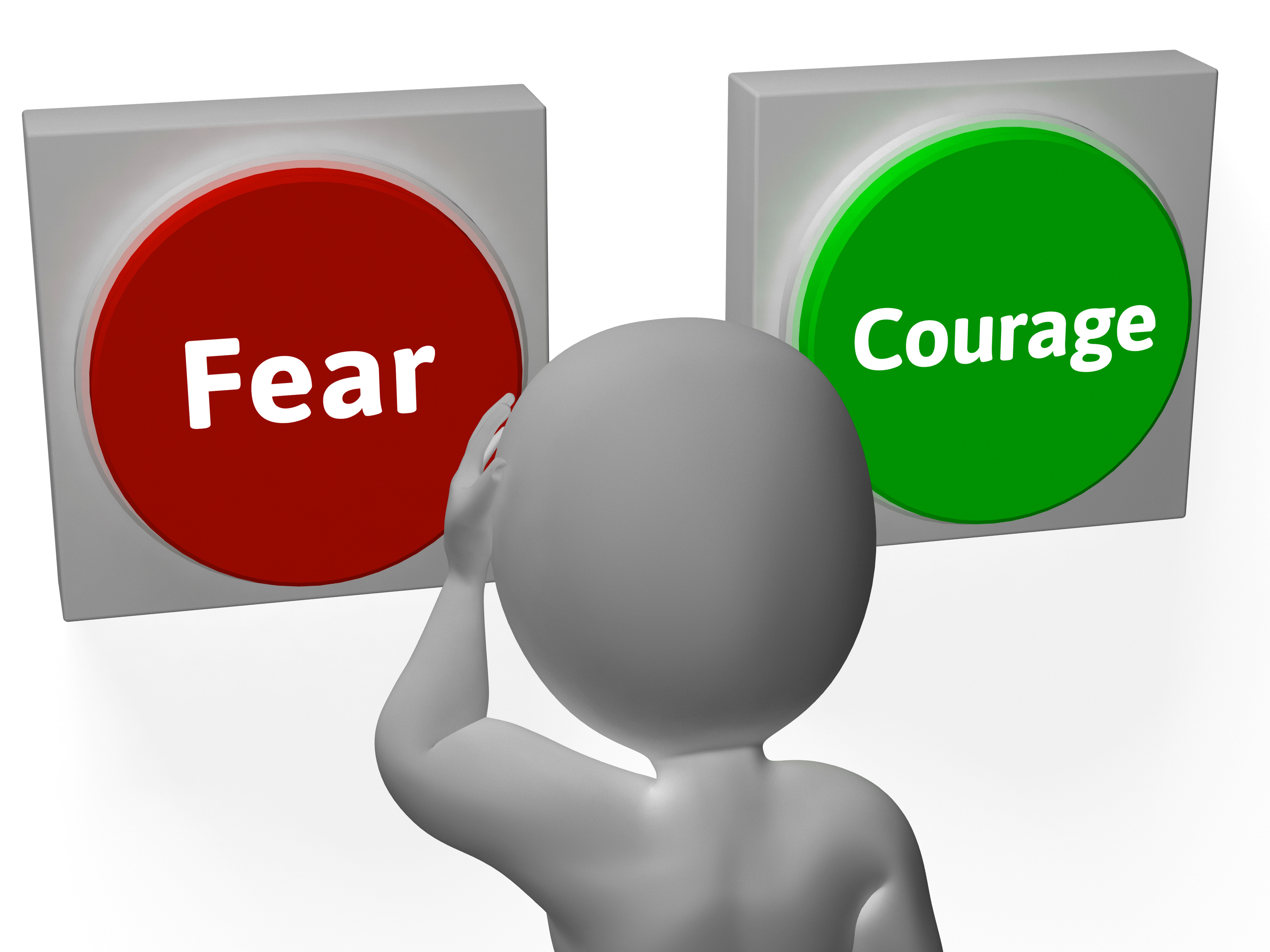
Niceness. It keeps the peace, wins friends, gains influence, and serves our reputations well. It looks a lot like following Jesus, but it takes all the power and freedom out of our lives. In this eye-opening book, Sharon Hodde Miller shares her own battle with this false faith, confesses the bad fruit it produced in her life, and offers practical steps for cutting down the tree at its root.
With biblical wisdom, surprising insight, and deep conviction, this book will help you:
* identify the most common forms of nice Christianity and how they manifest in your life
*stop being nice and start practicing true kindness, honesty, courage and joy
*develop a deeper, sturdier faith that can withstand life's storms and even flourish
in the middle of them.
Take a stand, take back your faith, and follow the Savior who was kind, gentle, compassionate, patient, and good, but never simply nice.
★★★★★
Sharon Hodde Miller, who,with her husband, Ike, heads up Bright City Church in Durham, NC, shares the journey she's been on over the years, learning that being a good Christian does not necessarily require you to be an overly "nice" one. In fact, it can actually read to others as false faith. So why are so many compelled to put up this front? After years of observation and experience, Miller shares her theories as well as some suggestions on how believers can develop a more genuine and ultimately more richly fulfilling approach to navigating through their lives and faith.
Instead of being caught up in the appearance of nice, readers are urged to seek and practice true kindness, humility, honesty, courage, and joy. This book will help you to identify the difference between the "for real" versus the facade and guide you towards a plan on how to sincerely and humbly walk through life... with the ultimate outcome (hopefully) being that you develop a faith that is even more resilient to emotional storms and life upheavals.

Miller takes time to explain that with this book it is not her intent to attack ALL people who choose to be nice. Of course being nice is a good thing. What this book discusses is when you use "nice" for self-serving purposes --- using it as an alternative to uncomfortable conversations you don't want to have (you know, difficult matters that actually NEED addressing / healing), unpopular opinions you are afraid to voice, or just being nice simply because you know it will get you something you want. She points out that initially these situations often start from a place of good intentions, but ultimately you just end up hurting others involved. It's important to state as well that Miller, at several points in this book, makes it clear that it is not her intent to give readers a hall pass to go about spewing unfiltered, mean-spirited opinion at people in the form of "being real". Yes, the goal is to be truthful without fear, but it's best if one also implements some tact in the moment!
This book is not a defense of rudeness, anger, malice, meanness, or aggression. I am not advocating that we say whatever we feel and 'let the chips fall where they may.' ... Niceness is a characteristic most of us love to use, but it can end up using us instead. It becomes a master we fear to defy...
I hope you're ready, students, because Miller is firing on all cylinders right from the intro! Each chapter ends on relevant scripture to ponder on, as well as a list of "Digging Deeper" questions for reflection until you're ready to delve into the next chapter, some of my favorites (taken from different chapters) being:
* Who in your life is best able to see your blind spots?
* How does inauthenticity in social media affect you?
* Do you think we ever outgrow the pressure / attraction of "the inner ring"?

So, step one, how do we identify false niceness or false faith, either in ourselves or others? Motivation for the behavior seems to be a key identifier in why we might USE it, while comfort is why we RESPOND to it, why we are so quick to forgive various forms of bad behavior or unpleasantness in the presence of "nice". Think of it in terms of criminals, serial killers, con artists, celebrities caught committing crimes... how often do we hear witnesses say something to the effect of "I never suspected... they seemed so NICE." Miller specifically brings up the case of Dr. Larry Nassar, who in 2016 was accused of sexual abuse by 156 women, many being female Olympic gymnasts who were assured by their coaches that this guy was a trustworthy physician.
Once identified, it's onto step two, breaking the habit of fake nice / false faith. How do we go about doing that? One of the biggie skills Miller suggests tapping into or developing is the power of discernment, broken down into three steps:
1) Look at a person's character: "Humility. Discretion. Gentleness. Healing. These are the marks of wisdom and righteousness displayed consistently, sacrificially, and over a long period of time. Destruction. Anger. Recklessness. Pride. An inability to listen, to be taught, or to admit wrongdoing. These are the markers of wickedness and foolishness, but niceness can dress them up attractively. Niceness can cloak these warning signals in charisma, flattery, affinity, and false intimacy. Niceness can even hide these traits behind an image of lowliness and humility, and it can do so very convincingly. But it can't do it for long. Eventually its true colors will shine through, and we have to be willing to acknowledge when it does.
2) Confession of Bias: "We are partial to our friends, but we are especially biased when it comes to those who have supported us through good times and bad. In deeply rooted relationships, we are prone to overlook warning signs and extend the benefit of a doubt because "we know them."
3) Be quick to LISTEN: "We will find ourselves unable to discern between niceness and true character without the help of a wide and diverse community of people, some of whom we disagree with passionately."

From there, Miller gets into the dangers of not fighting against false niceness, one result being falling into "safe, nice, comfortable courage", where a person puts forth an outward front of boldness in spirit, when really they are merely aligning themselves with people or ideas that already echo familiar or preferred beliefs / values. If you cast your vote with those already in your favor, continue to avoid difficult topics, basically take the easy route through all this...Miller urges you to find the courage within yourself to step away from the comfortable, the self-serving, self-protecting. Be willing to make people uncomfortable if it means airing a truth that needs to be said (ie. do you have a friend or family member frequently making destructive choices in their life?). Otherwise, she warns, you're "ceding territory to the enemy", using the biblical story of Micah as reference. Micah was prohibited from preaching because his hard truths made people uncomfortable.
Courage does not develop in a vacuum. We do not wake up one morning, after a lifetime of self-protection and bowing to fear, fully formed as people of resolve. Instead, courage is cultivated through a regular habit of performing small acts of bravery and having a willingness to face hard things...Courage is not to be stored on the shelf until we are ready to use it... Courage is a muscle we can only strengthen with use, and this truth can cast a new light on things we fear...Regardless of fear or pain or discomfort, nothing is too small to be transformed or redeemed, if we only have eyes to see it. We can either flee from situations that are hard or we can embrace them on the journey. That is how we will become people of courage --- one step at a time.
Translating that into today's world, think of people trying to discuss "hot button" issues --- race, religion, immigration, etc --- how many conversations do we go out of our way to avoid because we fear the blowback from sharing our true stance on the matter? In all likelihood, you will catch heat, but if it's important to you to share your truth, do so. But again, with tact. Don't veer into unnecessary name-calling or FB rants the length of college entrance essays.

Miller also speaks on the idea of "sentimental faith", equating it to processed food or "healthy options" at fast food restaurants (maybe looks like the more nutritious choice on the outside, but really secretly packed with sugar or other additives). Sentimental faith likewise looks good on the outside, makes you feel cozy on the inside, but ultimately has very little long term substance to it.
Sentimentality focuses on what is positive, encouraging, and nice. The trouble is, when spiritual cliches, upbeat music, inspiring Instagram posts, and motivational wall art become the core of our daily discipleship, we possess a sweet & sugary faith whose fruit appeals to everyone but satisfies no one. On its face, sentimental faith appears stable, but there is little underneath to support it...Sentimental faith is appealing in the way that cellophane snack cakes are appealing. Oatmeal Creme Pies are delicious but you cannot live on them. Too many sweets, or too much sentimentality, will eventually make you sick. Sentimental faith is handing out Twinkies while the world is starving for a home-cooked meal.
So in the end, Miller asks of her readers to move towards a place of learning to see yourself honestly, stepping away from the pull of having your actions be motivated by the desire to be liked or included, instead focusing on the truth of you. Just your inner you. Embrace the freedom that comes from fully accepting and acknowledging your strong points and your flaws, your abilities and inabilities, your TRUTH... and use that for bettering the world around you rather than self-serving needs or desires.
Reading partway through this book, the idea came to me that I might be an outward cynic, but an internal optimist... at least on some level. Getting a little further in in my reading and sure enough, Miller touches upon this very idea, saying that such people "earnestly want to see the world be a better place, but somewhere along the way we were disappointed, let down, shocked by the magnitude of the world's brokenness." Yes! That, exactly! Perfectly put! It finally makes sense of a sensation I've been struggling with for some time!
Note: One portion of this book contains spoilers for Les Miserables by Victor Hugo.
FTC Disclaimer: Baker Books kindly provided me with a copy of this book in exchange for an honest review. The opinions above are entirely my own.
Comments
Post a Comment